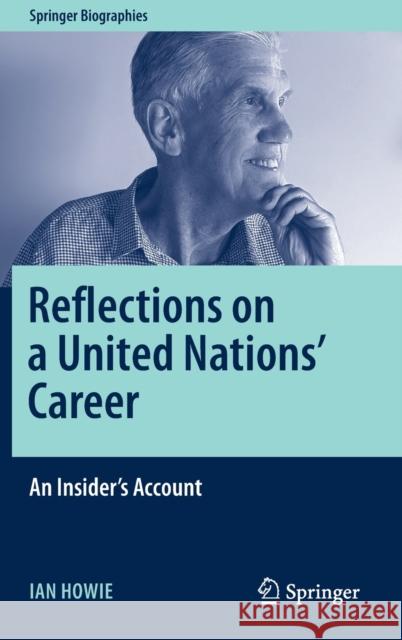Reflections on a United Nations' Career: An Insider's Account » książka
topmenu
Reflections on a United Nations' Career: An Insider's Account
ISBN-13: 9783030770624 / Angielski / Twarda / 2021 / 247 str.
Kategorie BISAC:
Wydawca:
Springer
Seria wydawnicza:
Język:
Angielski
ISBN-13:
9783030770624
Rok wydania:
2021
Wydanie:
2021
Numer serii:
000774569
Ilość stron:
247
Waga:
0.54 kg
Wymiary:
23.39 x 15.6 x 1.6
Oprawa:
Twarda
Wolumenów:
01
Dodatkowe informacje:
Wydanie ilustrowane











